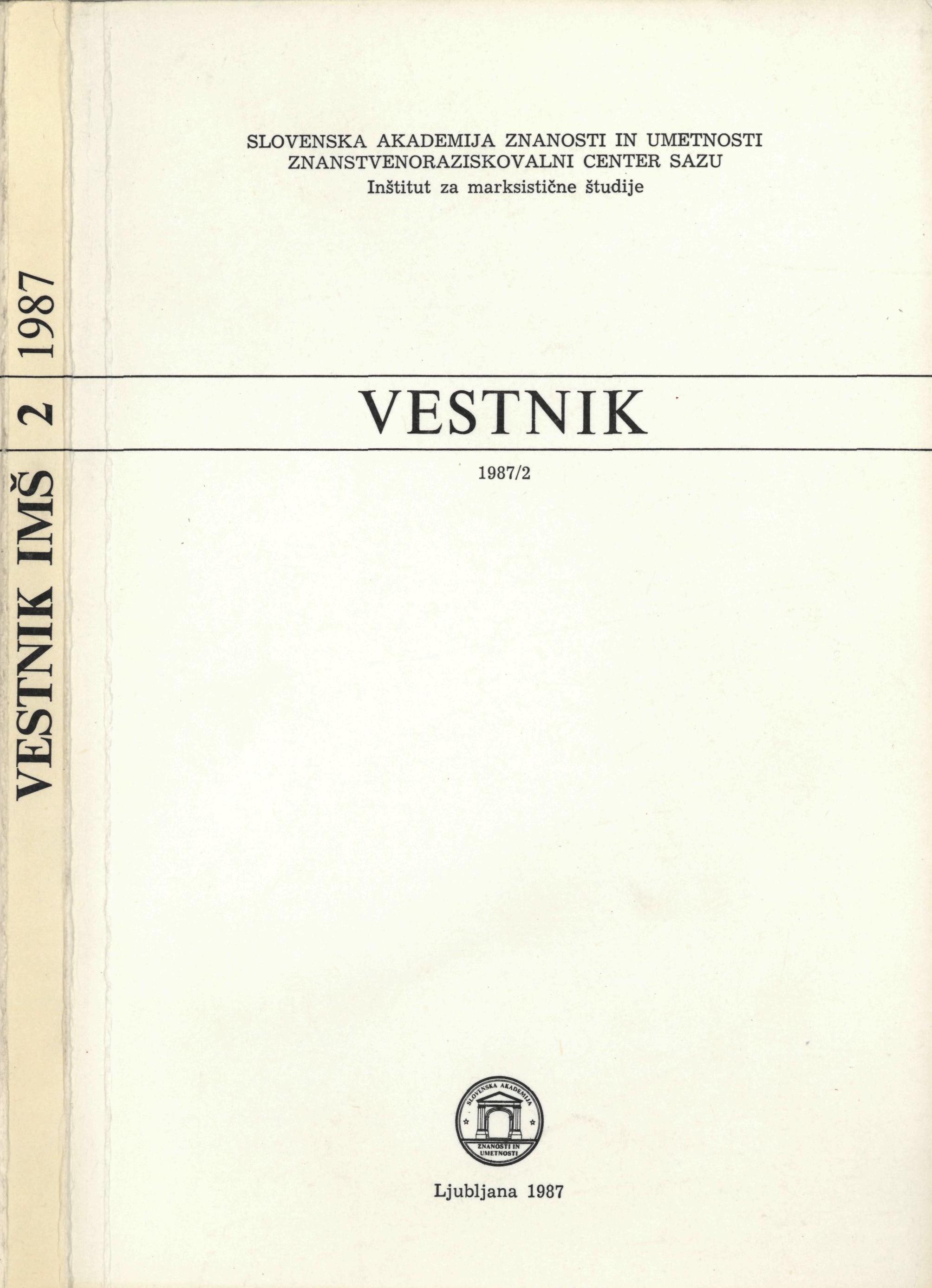Diktatura in zaton parlamenta
Povzetek
Schmittova strategija kritike parlamentarizma je zasnovana na poskusu histo-riziranja parlamentarnega diskurza, na tem, da ga opazuje kot produkt liberalnih poskusov depolitiziranja modernega sveta. Na tej podlagi skuša Schmitt, metafizik, razgaliti pojave, ki so vezani na parlament, in s tem razkriti in razložiti njegovo bistvo. Fenomen parlamenta hoče demaskirati z vprašanjem po njegovih temeljnih načelih.
Schmittov opis parlamenta temelji na poenostavljenih konceptualnih abstrakcijah in zaradi tega selektivno, to je — enostransko, preučuje in poudarja le nekatere od značilnosti in zagat parlamenta.
Ta enostranskost Schmittove interpretacije se kaže na več načinov: prvič v njegovem očitnem neupoštevanju predliberalne zgodovine parlamenta; drugič v tem, da mu ni uspelo dojeti globokega prepada med liberalnimi načeli parlamentov devetnajstega stoletja; in končno v njegovem slepem zavračanju možnosti, da bi se demokratično reformiralo parlament in okrepilo njegove moči v nasprotju s »totalno državo«.
Prenosi
Prenosi
Objavljeno
Kako citirati
Številka
Rubrike
Licenca
Avtorji jamčijo, da je delo njihova avtorska stvaritev, da v njem niso kršene avtorske pravice tretjih oseb ali kake druge pravice. V primeru zahtevkov tretjih oseb se avtorji zavezujejo, da bodo varovali interese založnika ter da bodo povrnili morebitno škodo.
Podrobneje v rubriki: Prispevki





